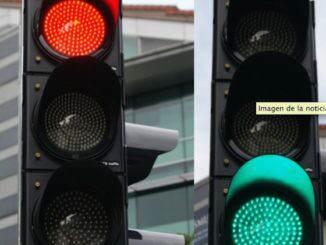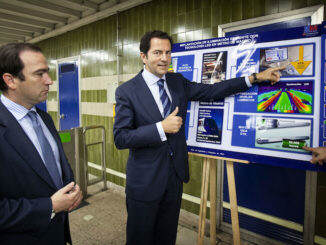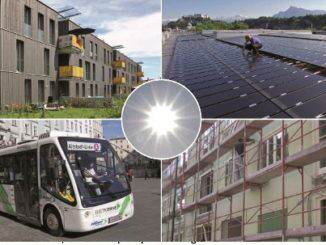
Researchers aim to demonstrate how it is not only possible, but also cost-effective to reduce energy use in existing public buildings by 50%.
Windows that warm a building in the winter and cool it in the summer, devices that literally bring the sunlight into darkened rooms and solar collectors that provide heat and cold for 15 years using metal tubes with no moving parts and filled only with inert materials. These are just some of the energy-saving solutions currently being tested by a EU-funded project called A2PBEER, which has set out to reduce the energy being consumed by our public buildings.
Public buildings in Europe are often older and less efficient than buildings constructed today and, as those built before 1980 consume around 95% of energy used by buildings, they make the perfect target for retrofitting solutions that will help reduce this consumption.
A2PBEER is a four-year research effort partly funded by the EU’s 7th Framework Programme – and it is addressing the issue of energy efficient retrofitting as a means of reaching the EU’s 20-20-20 energy targets – reducing greenhouse gas emissions, raising the share of energy produced by renewable sources and improving energy efficiency, all by 20 per cent by 2020.
The project is developing a new approach to renovating public buildings using a mix of established building solutions and advanced, innovative solutions – hence Affordable and Adaptable Public Buildings through Energy Efficient Retrofitting.
The project aims to demonstrate that the requirements to make buildings nearly-zero energy can already be achieved in public buildings by using affordable and adaptable solutions already available on the market.
To find out more about A2PBEER and its work, you cab watch a new film to explain how the project is setting about this ambitious programme
It is doing this by retrofitting three demonstration buildings – in Malmo, Bilbao and Ankara –using new building envelopes with vacuum insulation panels and integrated with various ventilated façade solutions, smart windows solutions, smart lighting solutions and solar thermal heat pumps. These four technologies, developed by the project partners, are available on the market, so the project has developed retrofitting kits combining a variety of them developed to match each building’s specific requirements.
Once fitted, the solutions will be validated by a complex monitoring system that measures indoor and outdoor conditions as well as the energy consumption of the buildings before and after retrofitting.
A2PBEER has also developed a methodology for the holistic energy-efficient retrofitting of public buildings meaning the processes being used by the project can be replicated in different climates and in different types of buildings.
The project will also develop a special Train the Trainer initiative. This will include an online course and training workshops using the project’s support tool – designed to assist building owners in the best-practice approach to retrofitting, taking into account climate, building fabric, available technologies and financial restraints. This will ensure that the techniques for applying energy-saving solutions are replicated and used by all key players.
A2PBEER is ambitious in its outlook, but if all those involved in the upkeep and restoration of public buildings in Europe adopted their solutions, we would quickly see a dramatic drop in energy consumption and cost savings for all public authorities.



